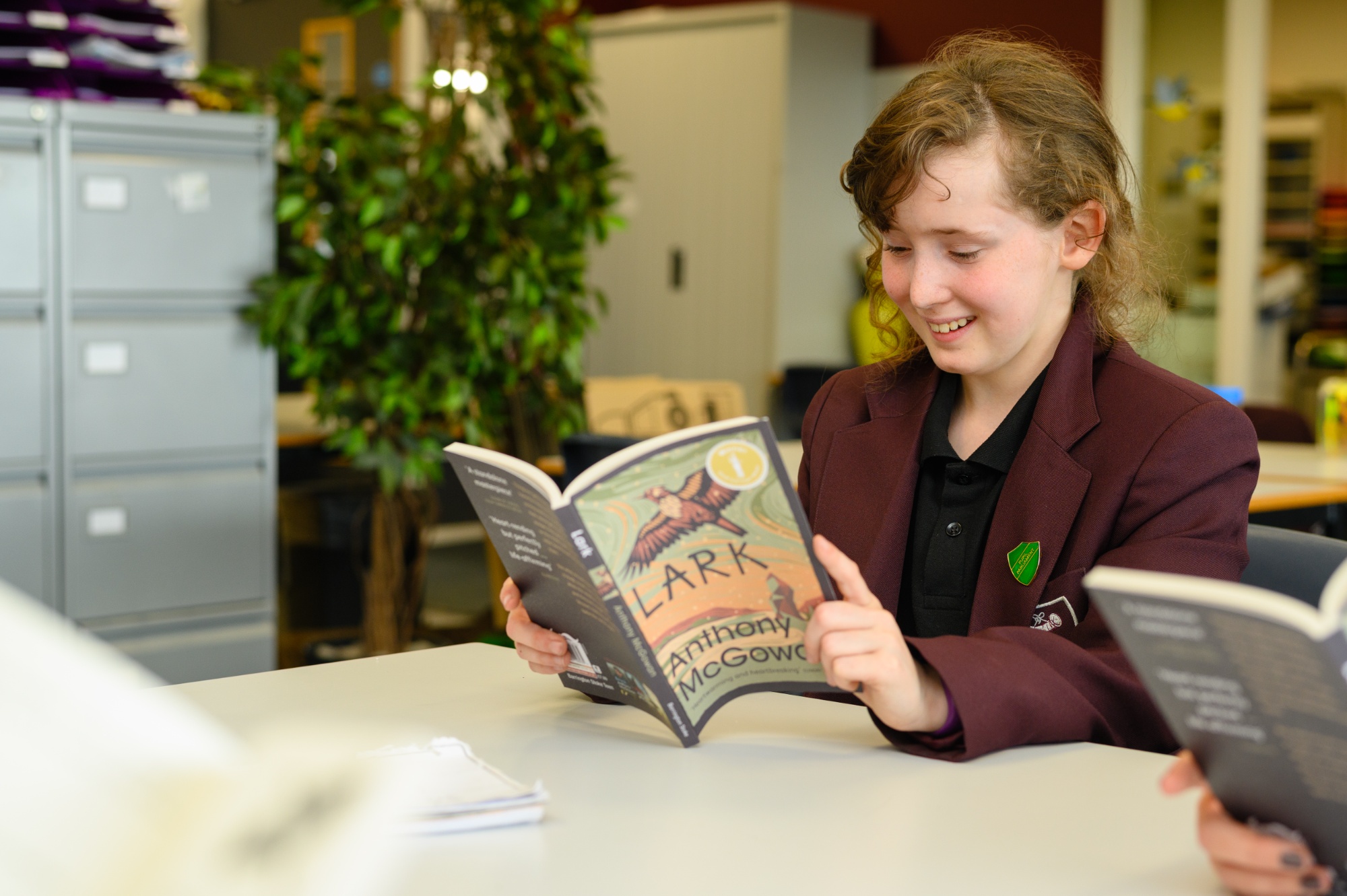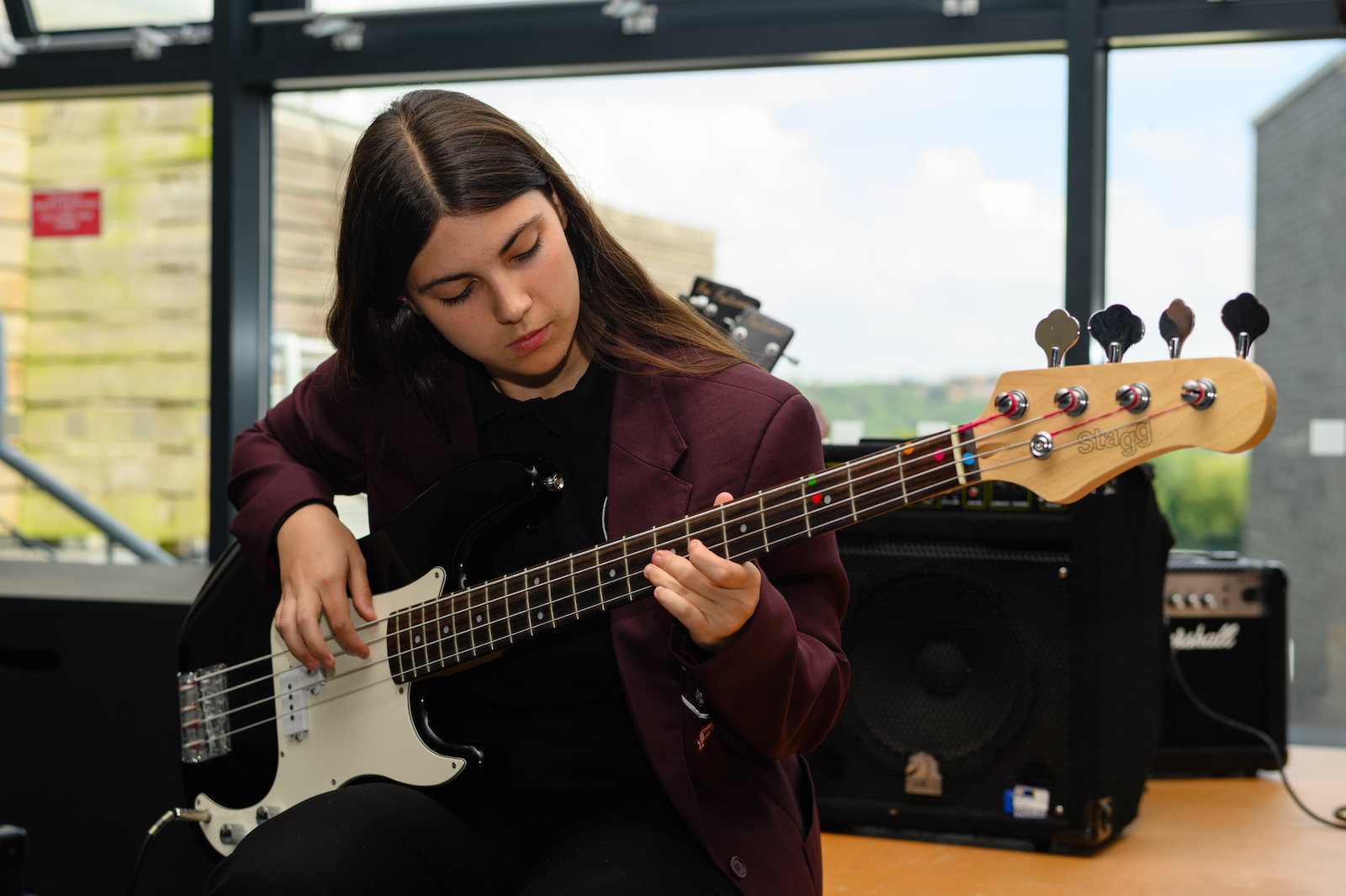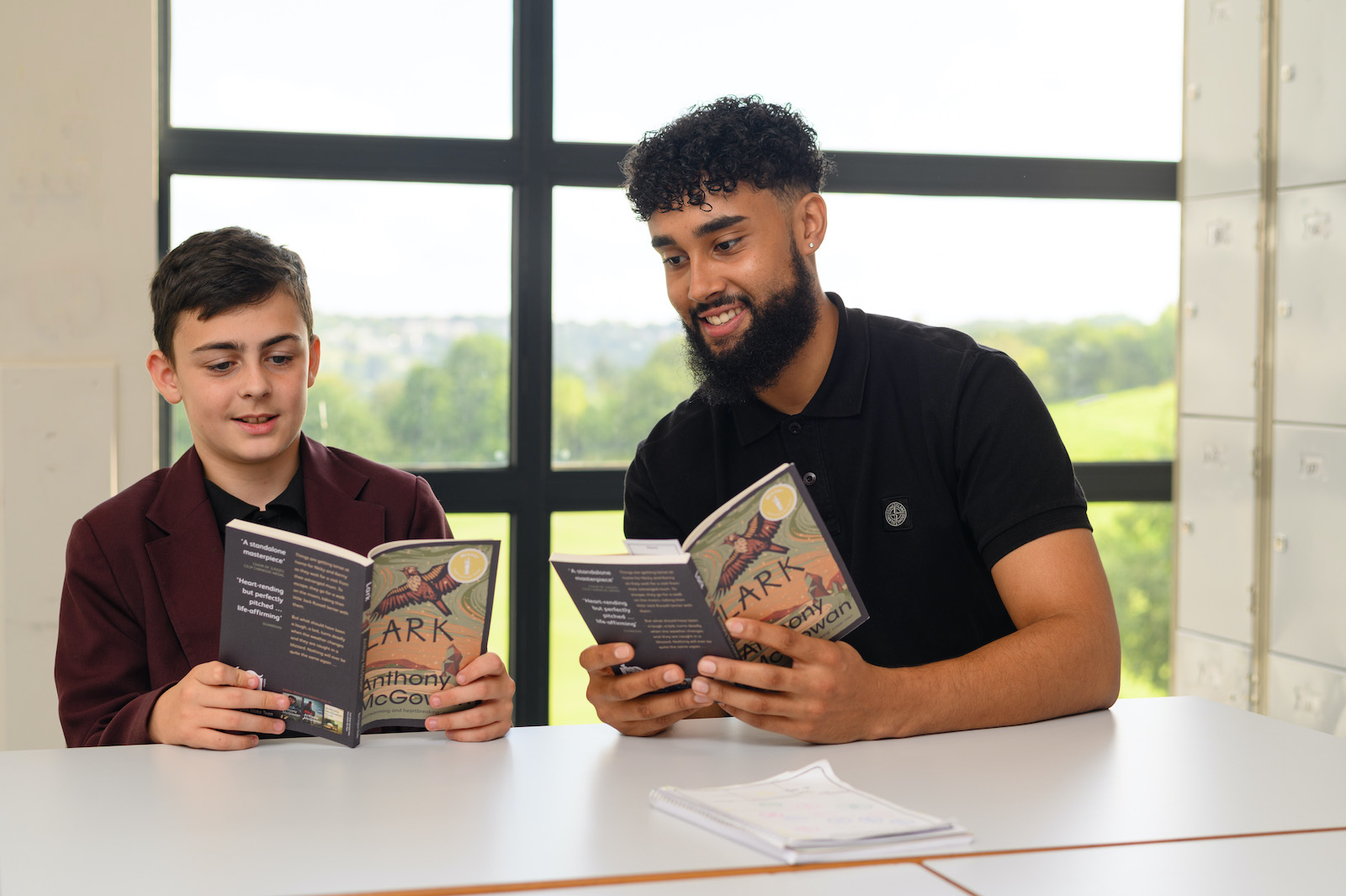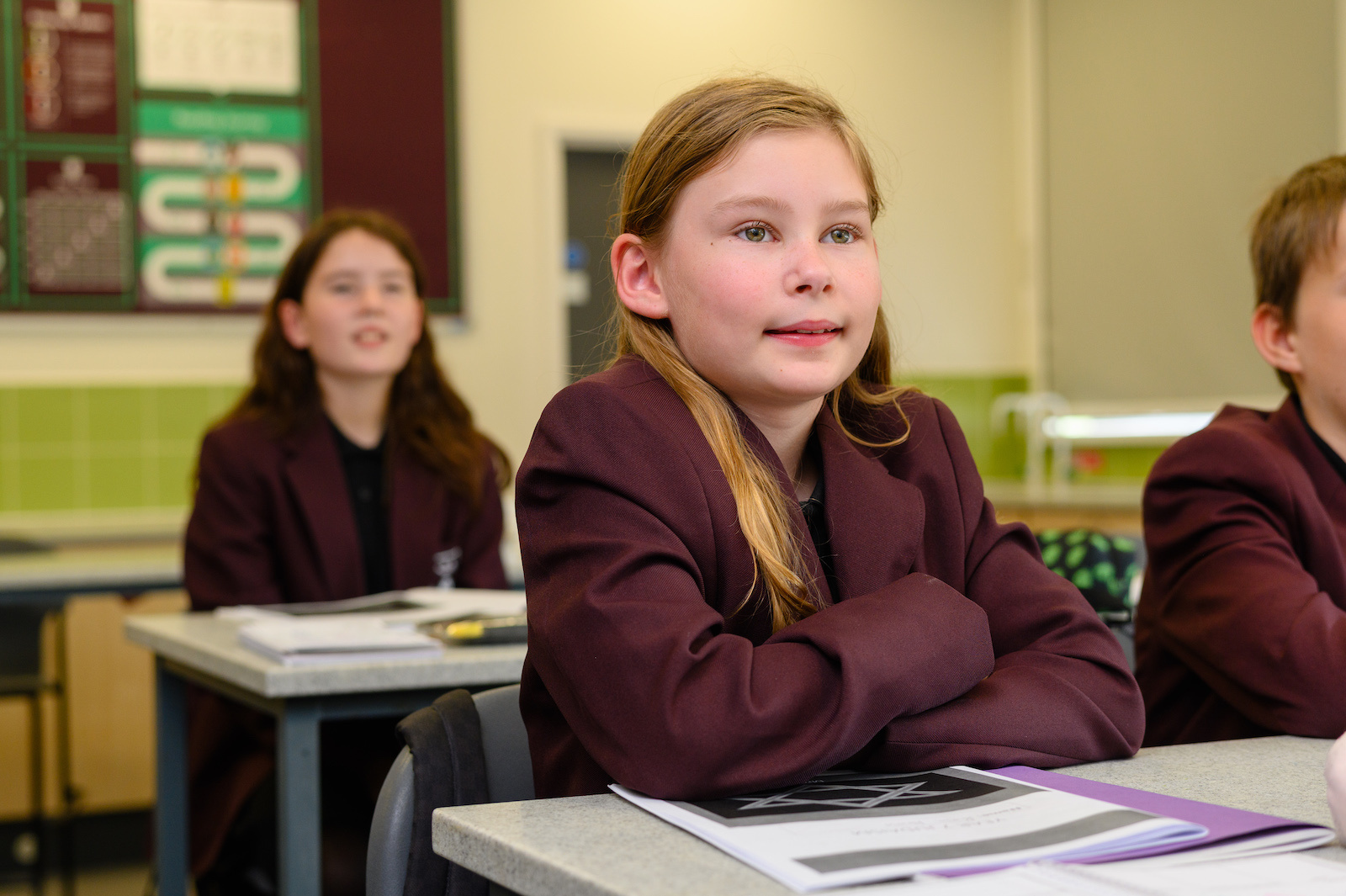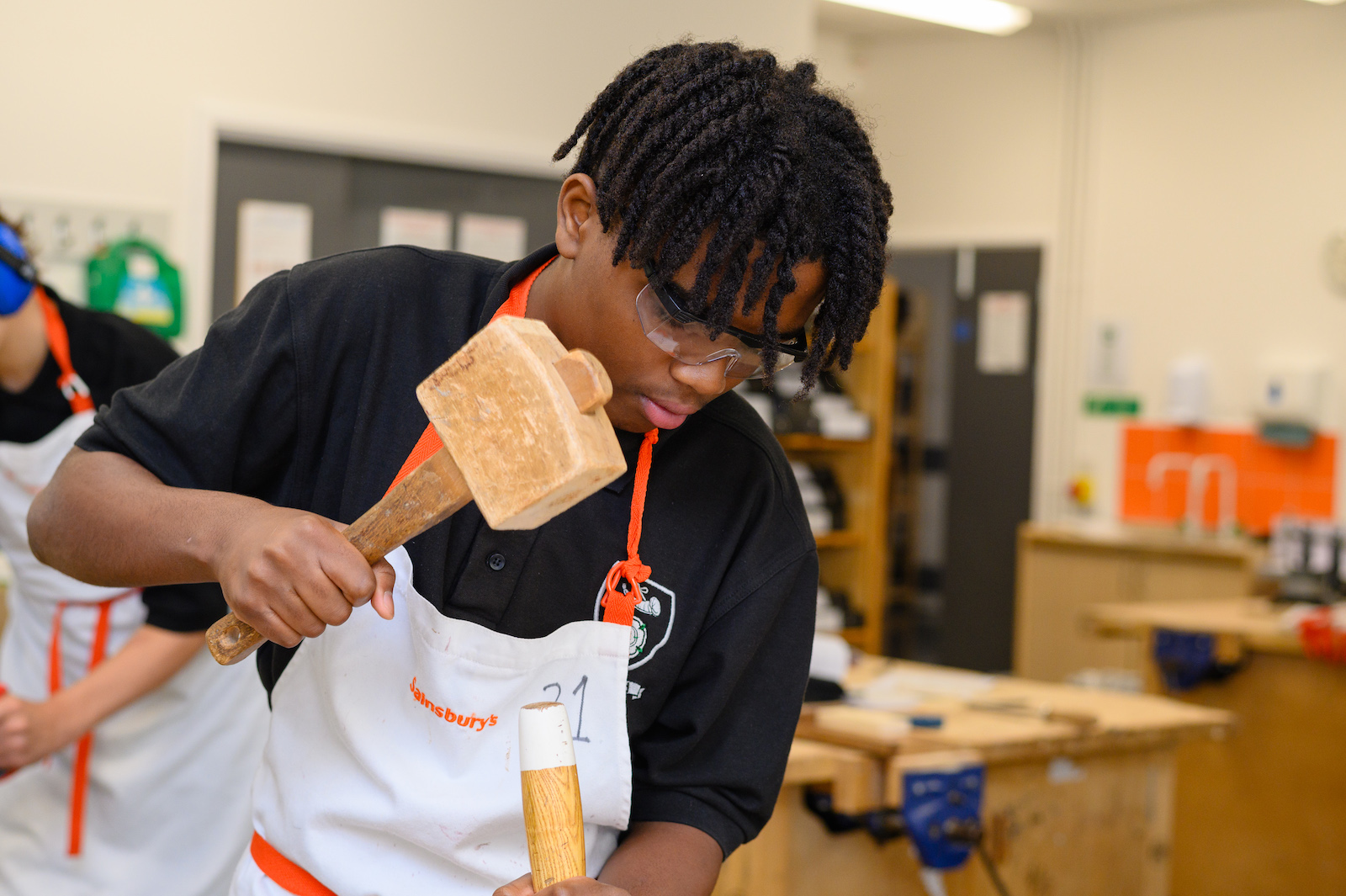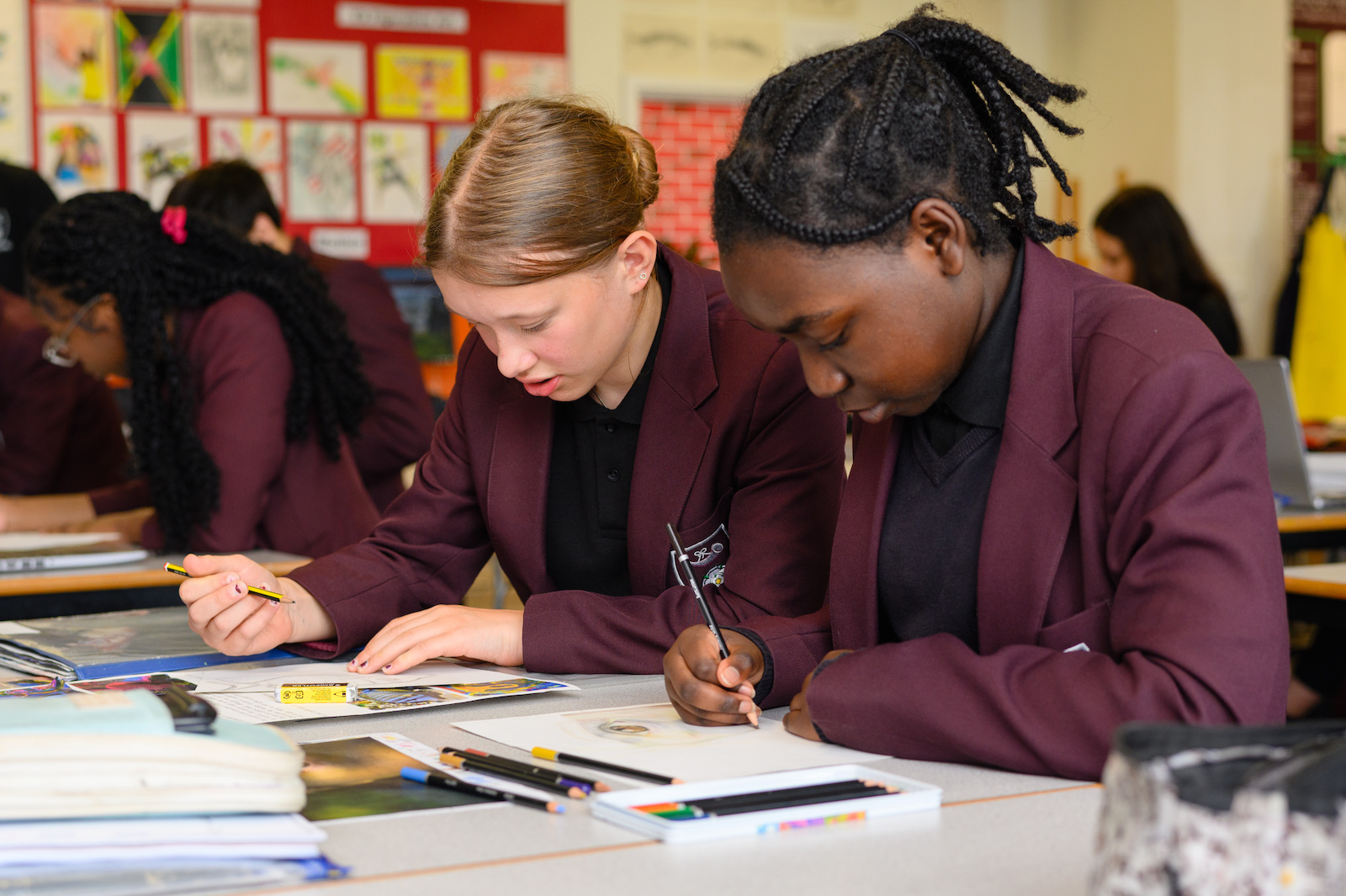Science
'Nothing in life is to be feared, it is only to be understood. Now is the time to understand more, so that we may fear less.' Marie Curie
The Science Department is committed to developing scientific curiosity, dedicated to teaching students about the world around them and ambitious about forging the next generation of scientists. British philosopher Bertrand Russell once said “we know very little, and yet it is astonishing that we know so much, and still more astonishing that so little knowledge can give us so much power”. Consequently, a knowledge-rich curriculum, supported by evidence-based research underpins the expert teaching delivered to our students.
Our approach to teaching enables us to have high aspirations and ambition for all students, irrespective of their socio-economic or cultural background. We believe all of our students are future scholars, including the 40% who receive pupil premium, and therefore have high expectations for all. An ethos of ‘no opt out’ and high challenge ensures that all students have the opportunity to make exceptional progress, celebrate success and improve their knowledge of Science and the world around them. A well-considered, engaging enrichment programme and focussed use of our intervention lead supports the quality-first teaching that takes place in the classroom.
Our desire to provide a first-class education means cognitive science strategies are integrated into the Science curriculum, whilst an ethos of collaboration is fostered through purposeful practical activities. Students apply knowledge, develop transferable skills and immerse themselves in the intriguing, often magical, world of Science. Teachers are passionate about teaching and learning, embrace the curiosity of students and are unwavering in their commitment to providing a transformational education. In the words of revered scientist Marie Curie we vehemently believe that if our students understand more, then they can fear less and this will put them on the path to achievement and choice. This is synonymous with the values of Newfield School and the Science Department.
Key Stage 3
In key stage 3 Science we aspire to enthuse students and provide them with the fundamental knowledge and skills needed to embrace the world around them. Bespoke lessons, written by subject experts, are central to our schemes of learning and this means students are constantly inspired and challenged.
In Year 7 students acquire an understanding of how our knowledge of the atom has changed, the importance of scientific discovery and why the Periodic Table is central to Chemistry. They also explore the intricacies of the human body, examine things on the microscopic level and embrace the vastness of our Universe.
In Year 8 students investigate various chemical reactions, gain an appreciation for the complexities of different living organisms and grapple with the importance of energy in the world around us. Specialist lessons are also delivered where students can immerse themselves in the wider scientific community and gain an understanding of what this can offer in the future.
In Year 9 students are taught in greater depth, including elements beyond the national curriculum, about the intricacies of nature, the vastness of our Universe and how the interaction of different organisms is important in our everyday lives. An appreciation for the role of sustainability and the Earth’s natural resources is cultivated, whilst also using examples from our local context to develop understanding of key scientific processes.
Our curriculum is delivered through regular quick quizzing, reading of academic texts and regular use of modelling techniques so that knowledge is effectively acquired. Practical work and inspiring demonstrations embedded throughout the curriculum then empower students to apply knowledge and further develop transferable skills such as communication, data analysis and how to effectively write hypotheses.
'Science is the knowledge of consequences, and dependence of one fact upon another.' Thomas Hobbes
GCSE
Our GCSE curriculum builds on the foundations established in Lower School. We incorporate carefully sequenced teaching episodes, interleaved with retrieval practice and designated ‘exam skills lessons’ where we teach students how to eloquently present scientific ideas.
Alongside the delivery of core knowledge we challenge students’ thinking and deliver a host of Required Practical activities outlined by the AQA Exam Specification. These allow students to analyse information and data; allowing them to make valued judgements, draw accurate conclusions and understand the importance of ethics in the scientific world. Students will follow either the AQA Combined Science: Trilogy or the AQA Triple Science course. Over both of these courses students will learn about the key concepts and intricacies in Biology, Chemistry and Physics.
Scientists have become the bearers of the torch of discovery in our quest for knowledge. Stephen Hawking

